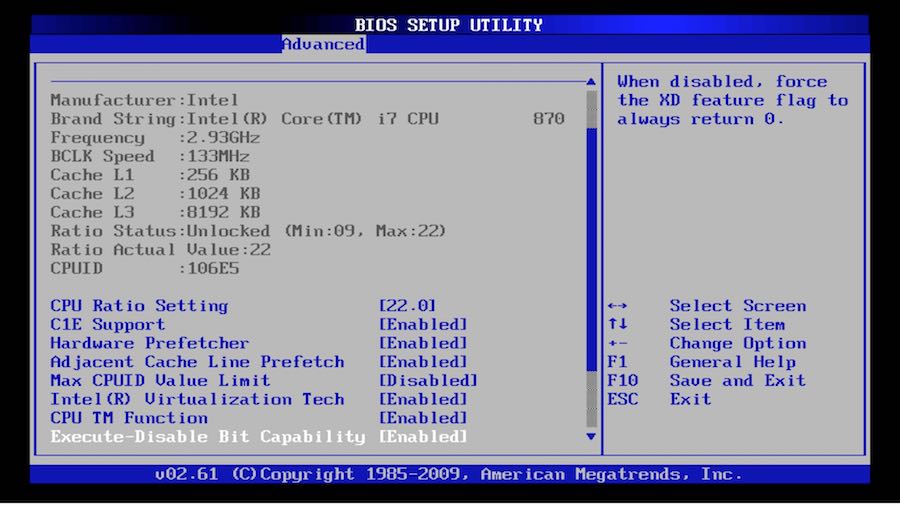
UEFI Syslinux does not support chainloading other EFI applications like UEFI Shell or Windows Boot Manager. UEFI Syslinux does not boot in Virtual Machines like QEMU/OVMF or VirtualBox or VMware and in some UEFI emulation environments like DUET.
I'm trying to boot a WinPE using pxelinux. Here is my entry in the pxelinux.cfg/default file: LABEL Windows Preinstallation Environment COM32 linux.c32 APPEND wimboot initrdfile=I'm using wimboot (from the iPXE project) and it works well with legacy-bios computers (I can use my WinPE without any troubles). I followed this and adapted it to pxelinux. When it comes to a UEFI computer, it doesn't work anymore. It loads everything and on the last step it seems to crash: Loading wimboot. Ok Encapsulating ok Encapsulating ok Encapsulating ok Failed to exit boot services: 0x000002 syslinux_boot_linux() failed: Error 0 linux.c32: Boot aborted! Hp ewa keygen download for windows 8.

All my other entries in pxelinux.cfg/default are working. What can I do to make WinPE boots when I'm on a UEFI computer? Today you won't be able to boot in UEFI mode with Syslinux/winboot. Syslinux 6.03 supports BIOS and UEFI mode but not all the tools of the Syslinux ecosystem are at the moment migrated to UEFI. If you used to boot pxelinux.0 (BIOS) now you should boot syslinux.efi (UEFI). Linux.c32 is a BIOS only tool that has not been migrated to UEFI yet (I mean is not able to load an efi image). The same with chainload,pxechn, wimboot, etc.
The iPXE project has similar issues it's not completely migrated to UEFI then you have features that only work on BIOS. To boot UEFI winPE today the best option is defining bootmgrfw.efi as your NBP (Network Boot Program) even when this will force you to allocate the BCD in a predetermined path or use the corresponding DHCP option.